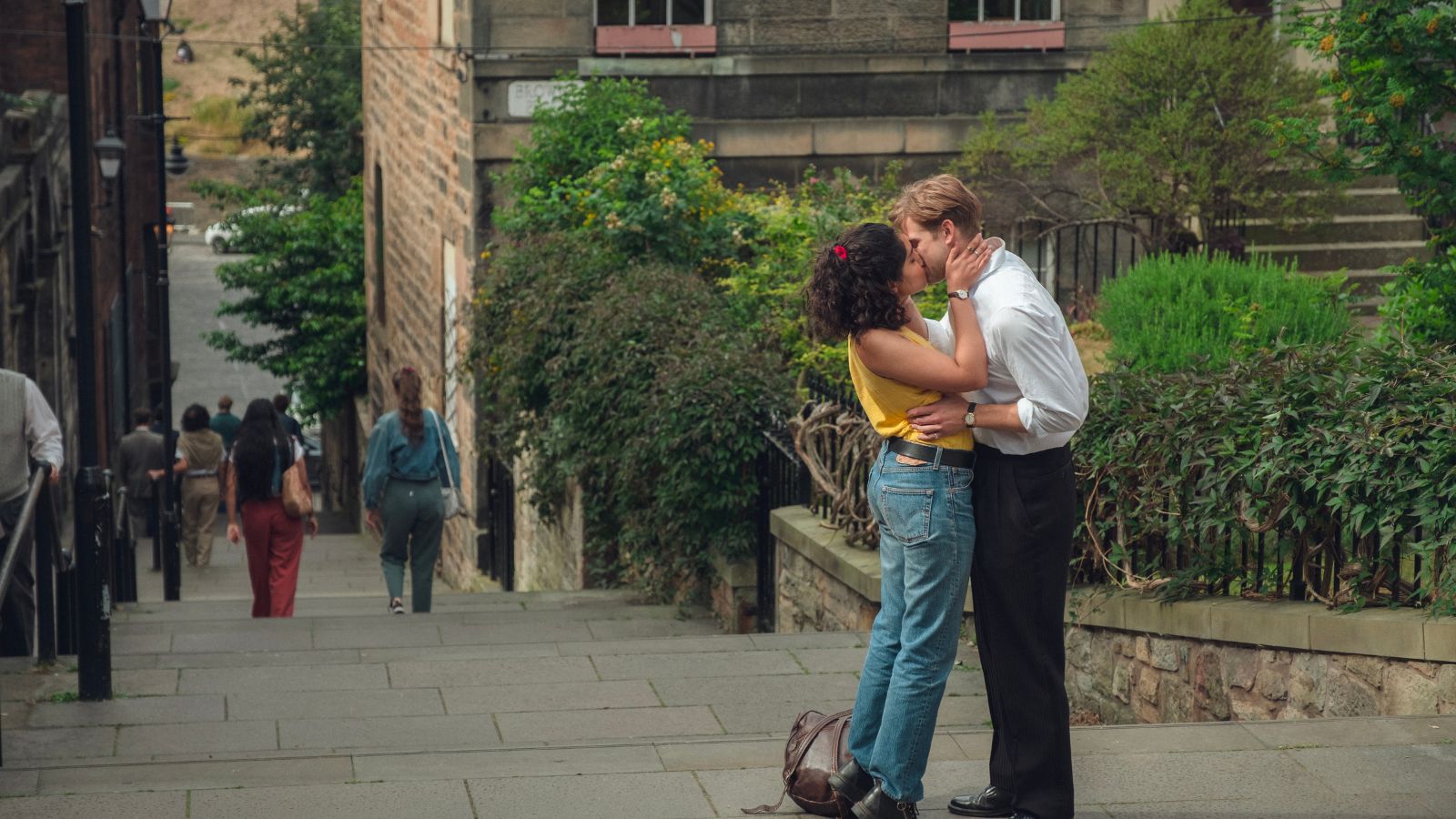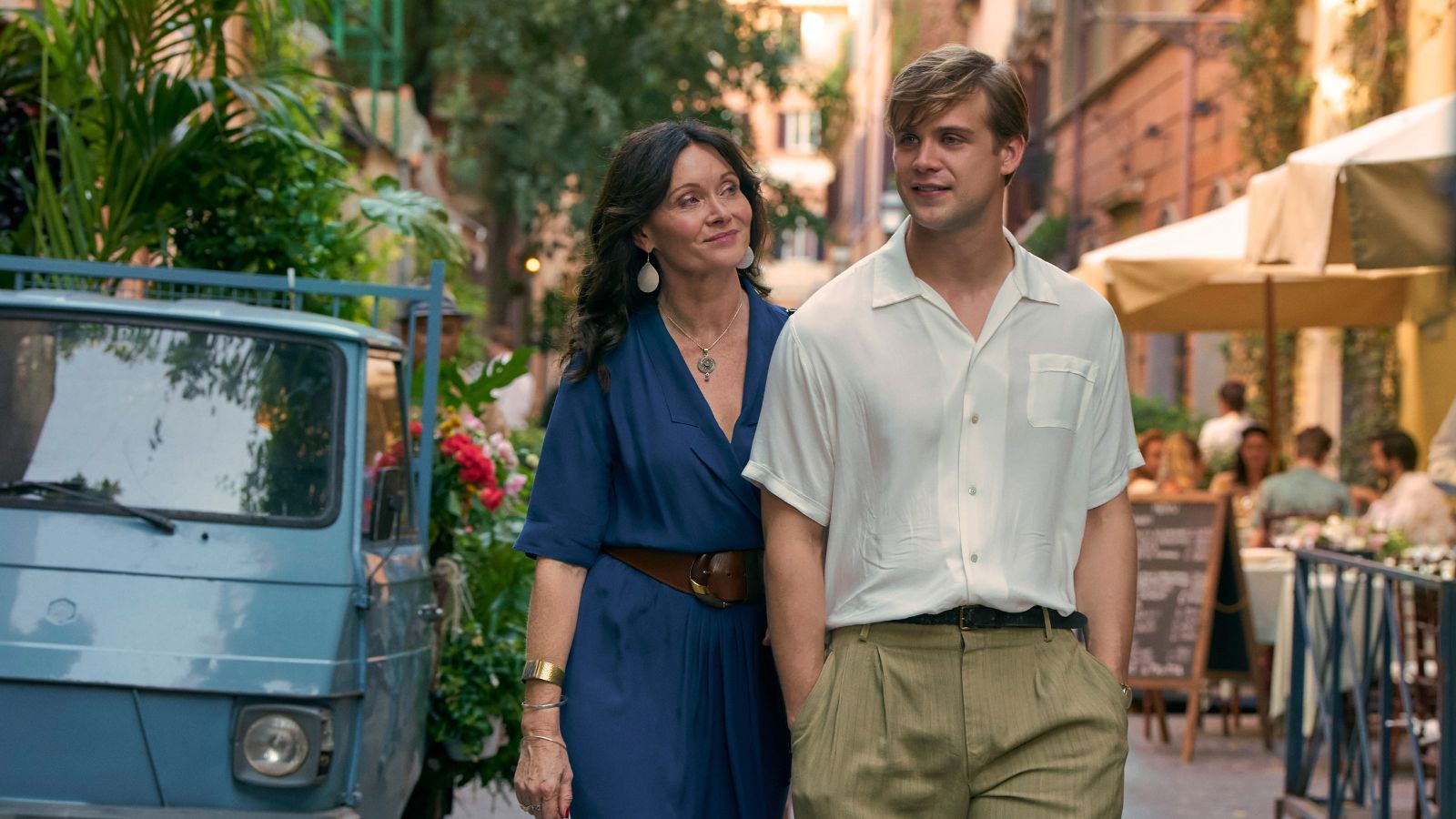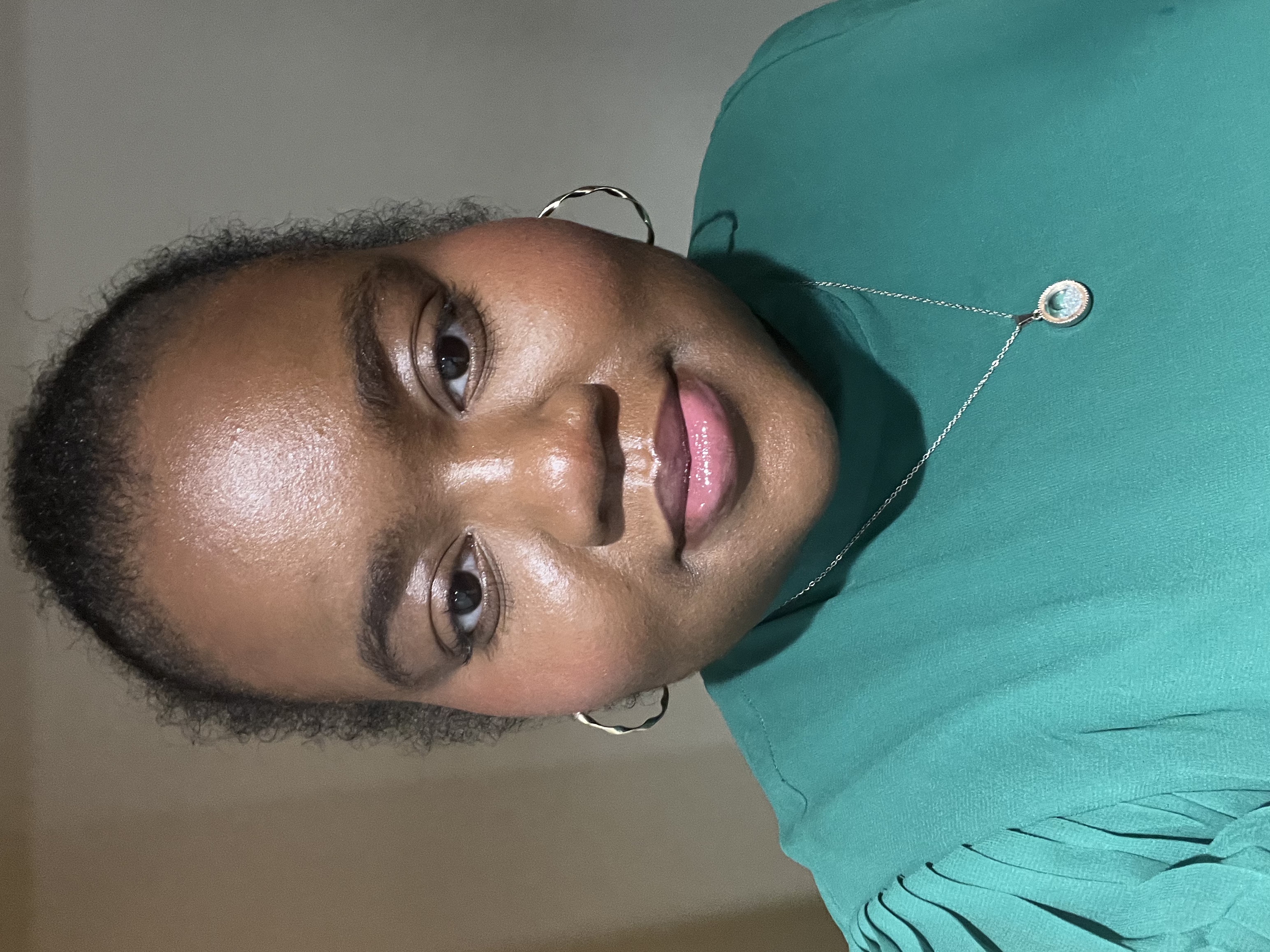Is One Day based on a true story? The real inspiration behind the heartbreaking Netflix series
Here's what you need to know about what One Day is based on, as the new series hits Netflix

Netflix has once again got everyone talking with the release of its new romantic drama TV series One Day. The show has viewers hooked as it marks the second time David Nicholls' bestselling 2009 novel has been adapted.
In 2009, you could not walk anywhere without seeing someone holding a copy of Nicholls' book, which led to the 2011 film adaptation of One Day starring Anne Hathaway and Jim Sturgess. However, the film faced heavy criticism, leading to Netflix attempting to rectify fans’ disappointment by adapting the book again twelve years later, this time into a TV series.
While some are curious about Netflix's One Day dedication, and some want to understand what happens to Emma at the end of One Day, others want to know whether One Day is based on a true story. Here's what you need to know about the inspiration behind the story...

What is One Day About?
Netflix’s One Day stars This is Going to Hurt’s Ambika Mod and The White Lotus’ Leo Woodall as Emma Morley and Dexter Mayhew. When Emma and Dexter meet on their graduation night, 15th July 1988, a friendship and lingering romantic feelings are sparked between them. The two graduates spend the night discussing the different paths they may take after university. The following morning, the two go on separate paths but vow to keep in touch and stay friends, which they do.
Each episode of the Netflix series follows Emma and Dex on 15th July each year for almost 20 years. We witness the protagonists get older and see their relationship develop and break down. As well as see them experience the highs and lows life brings them.

Is One Day Based On A True Story?
One Day is based on David Nicholls' bestselling novel of the same name and is a fiction book. Although the novel is fiction, the author has taken inspiration from his own life. Much like Emma's character, he too studied English and Drama at University and after working as an actor in his younger years, he turned to writing and publishing fiction books.
Nicholls has spoken openly about how the inspiration for the book was sparked almost 20 years before he wrote the novel. In a 2021 interview with The Guardian, he said the idea for the novel was first sparked in the mid-80s while he was studying Tess of the D’Urbervilles by Thomas Hardy for his A-Levels. Nicholls revealed that Hardy’s novel made him think about the importance of dates beyond birthdays and anniversaries: “a day which lay sly and unseen … that of her own death … giving no sign or sound when she annually passed over it”.
Sign up to our free daily email for the latest royal and entertainment news, interesting opinion, expert advice on styling and beauty trends, and no-nonsense guides to the health and wellness questions you want answered.
However, the true impact of Hardy’s novel came twenty years later when he was struggling to think of a third book idea and, while taking on a screenwriting job, adapting Hardy’s story for the BBC. He once again became fascinated by the idea that an ordinary day can turn out not to be ordinary at all. So he decided to set his book around St Swithin’s Day, a day often tied to graduation season and the beginning of a new journey for students - as well as having ties in mythology to themes of unpredictability, which features heavily in the book.
Nicholls decided to set the beginning of the book in Edinburgh because he fell in love with the city when he spent the summer living in a shared flat with 15 other people on Rankeillor Street. In The Daily Record, the author said, “When I came to Edinburgh in 1988, I had spent nearly all my life living south of Bristol, and I was just amazed that a city like Edinburgh was actually in the British Isles. It was so dramatic and beautiful, and it really made a huge impression on me, and it’s stayed with me ever since.”
In his Guardian article, the Southampton-born author said that he remains proud of the book and that “The intention with One Day was to write something intensely emotional with the quality of a great old song, something that would make you want to put the book down and immediately see old friends.”

What are the key differences between the One Day book, TV Series and Film?
The film adaptation of One Day faced heavy criticism. One of the main things critiqued was Anne Hathaway’s Yorkshire accent. Ambika Mod revealed that getting the accent right was key for those helming the Netflix adaptation. Speaking on The One Show, she said that in order to secure the role she had to get signed off by a dialect coach, so she “spent the whole day just binging Educating Yorkshire, weeping over Asghar getting over his stutter.” She added “So thank you Educating Yorkshire and the students and teachers of that school. I owe you a lot.”
Unlike the film, Netflix’s adaptation is not constricted to a strict running time, and it allows for more depth of the characters and their relationships. The 108-minute movie skips over Emma’s affair with the headteacher of the school she worked at, but the TV series dedicates almost a whole episode to exploring that year of her life.
As viewers get more time with the story, shown across 14 episodes, characters like Ian feel less like an annoying, unnecessary character, and more like a love interest that was just the wrong person for Emma but overall a sweet guy. Likewise, the series spends more time exploring the personalities of our protagonists, and because of the updated calendar sequence we get at the beginning of each episode, it’s easy to see a beautiful arc of how the characters develop each year.
Author David Nicholls said he wanted fresh eyes on his bestseller, so he allowed Executive producer Nicole Taylor to lead the adaptation. Talking to Entertainment Weekly, Nicholls said one of the main differences in the TV series is that “There is a lot more sex in this than there is in the novel. I tend to fade to black, and Nicole doesn’t fade to black.” He adds that “Adaptation means change.”

Liv Facey is a freelance multimedia journalist and producer. She dabbles in entertainment, lifestyle, travel and news. She has bylines in a range of publications including The Times, Teen Vogue, Refinery29 and Mashable. When Liv’s not binging the latest TV series, she’s often travelling to new countries, reading or out purchasing new makeup products which she can’t seem to stop buying.
